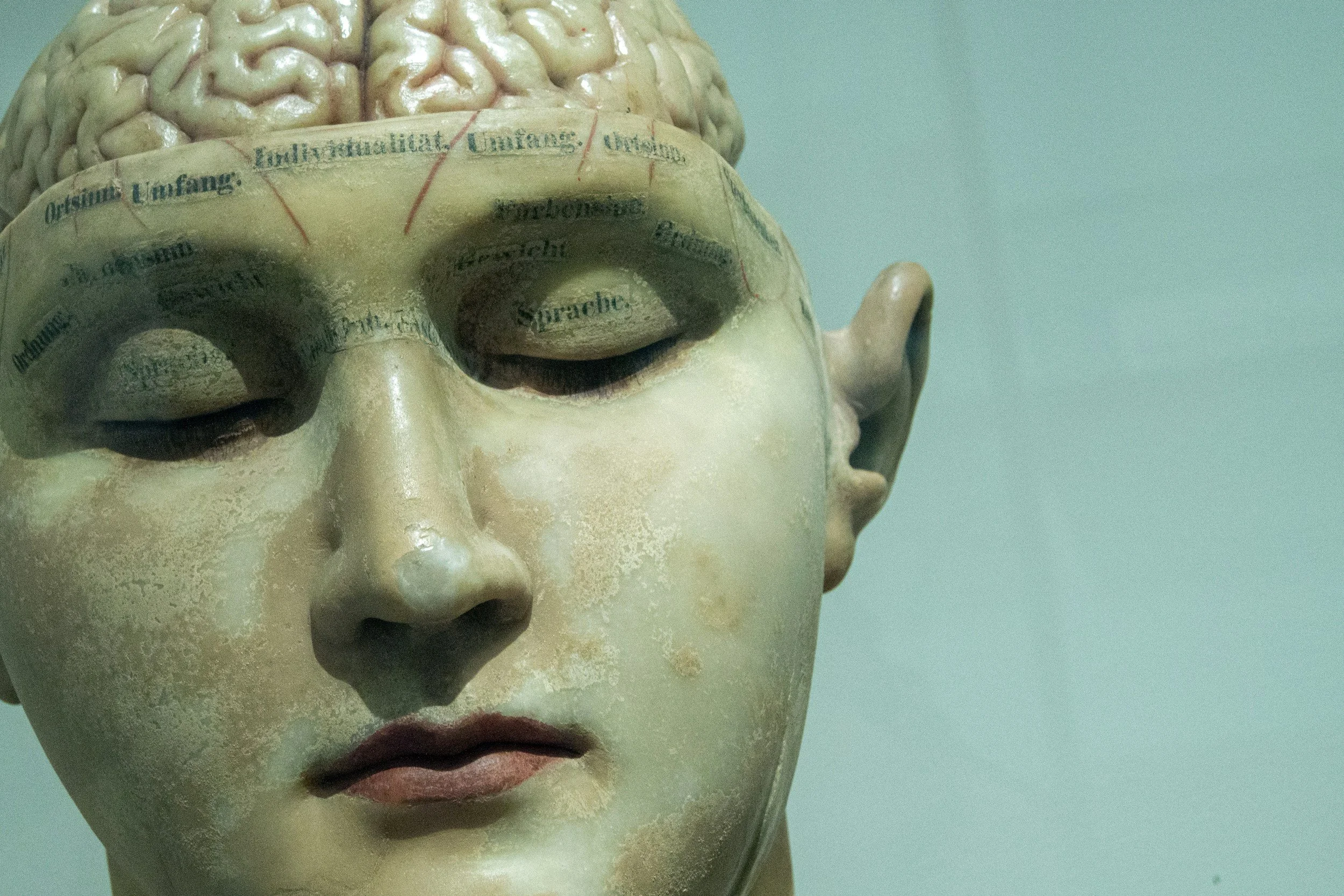Protecting Your Brain: 45% of Dementia Cases Are Avoidable
Recent findings from The Lancet Commission's 2024 report on dementia prevention bring encouraging news: approximately 45% of dementia cases could be preventable. This groundbreaking research suggests that we have more control over our cognitive future than previously thought. Let's explore the 14 evidence-based strategies that could help protect your brain health.
The Power of Prevention
While many of us associate dementia prevention with crossword puzzles and brain teasers, the science reveals a much broader approach is needed. The Lancet Commission, one of the world's most respected medical research bodies, has identified multiple lifestyle factors that play crucial roles in maintaining cognitive health.
14 Key Strategies for Brain Health
1. Keep Learning
Your brain thrives on novelty and challenge. Engage in activities that push your cognitive boundaries without overwhelming you. Whether it's learning a new language, mastering a musical instrument, or taking up digital photography, the key is finding that sweet spot between challenge and achievability.
2. Stay Active
Regular physical activity isn't just good for your body – it's essential for your brain. Find movement you enjoy, whether it's walking, gardening, or practicing tai chi. The best exercise is the one you'll actually do consistently.
3. Address Mental Health
Depression isn't just about mood – it's intimately connected with brain health. Establishing a strong mental health care routine, including professional support when needed, is crucial for cognitive protection.
4. Maintain Healthy Weight
Obesity increases dementia risk, partly through its connection to diabetes. Maintaining a healthy weight through proper nutrition and regular activity supports both body and brain health.
5. Protect Your Hearing
Hearing loss has emerged as a significant risk factor for dementia. Regular hearing checks and appropriate use of hearing aids when needed are essential. Remember to protect your ears from loud noises – those damaged hair cells in your inner ear don't regenerate.
6. Quit Smoking
If you smoke, quitting is one of the most impactful things you can do for your brain health. Modern approaches, including mindfulness-based techniques, can help make this challenging transition more manageable.
7. Monitor Cholesterol
High LDL cholesterol doesn't just affect your heart – it impacts your brain too. Regular check-ups and appropriate management strategies are crucial, especially in midlife.
8. Prevent Head Injuries
Something as simple as wearing a helmet during cycling or contact sports can significantly impact your brain's future. Never underestimate the importance of protecting your head from injury.
9. Moderate Alcohol Consumption
The research is clear: there is no "safe" amount of alcohol for brain health. Reducing alcohol intake can significantly impact your cognitive future.
10. Stay Connected
Social connections aren't just good for your mood – they're essential for your brain. Having even a few close relationships can significantly reduce your risk of cognitive decline.
11. Care for Your Vision
Regular eye exams and proper vision correction play a surprising role in maintaining cognitive function. Don't neglect those annual check-ups.
12. Manage Diabetes
Proper diabetes management, including regular screening and treatment when necessary, is crucial for protecting your brain health.
13. Control Blood Pressure
Maintaining healthy blood pressure, especially from age 40 onward, is vital. Work with your healthcare provider to keep your numbers in check.
14. Minimize Air Pollution Exposure
Growing evidence links air pollution to neurodegenerative diseases, like Alzheimer’s and Parkinson’s. Consider using air filters in your home and being mindful of air quality in your environment.
Taking Action
The most empowering aspect of this research is that it puts significant control in our hands. While we can't change all risk factors, many are within our power to influence. By incorporating these strategies into our daily lives, we can take meaningful steps toward protecting our cognitive health.
Remember, it's never too early – or too late – to start caring for your brain. The best time to implement these changes is now, while your brain is still healthy and resilient.
Final Thoughts
The fight against dementia isn't just about finding a cure – it's about prevention. With nearly half of all cases potentially preventable, we have unprecedented opportunity to influence our cognitive future through lifestyle choices and preventive care.
Start small, but start today. Your future self will thank you for every step you take toward protecting your brain health.

